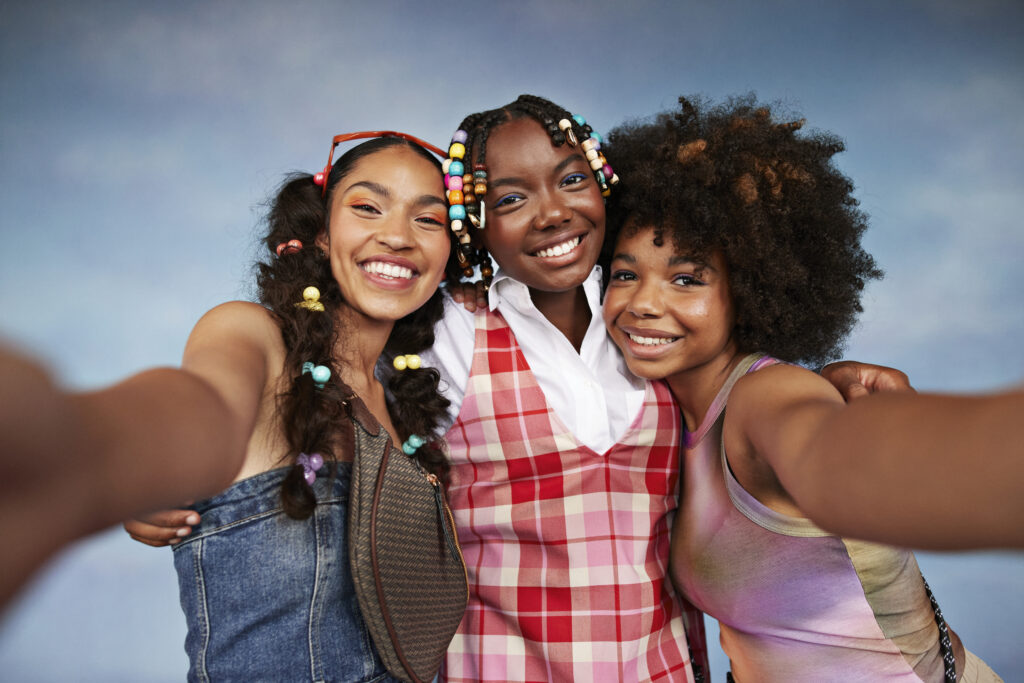
Black and Latino teens face a disproportionate burden of mental health challenges. Studies show they experience higher rates of depression and anxiety compared to their white peers. This disparity is linked to the chronic stress caused by racism and discrimination. A new, groundbreaking study by researchers at Ann & Robert H. Lurie Children’s Hospital of Chicago is exploring an untapped way to address this issue: youth-driven racial justice activism.
The five-year study, funded by a $3.8 million grant, will investigate whether participating in social justice campaigns can improve mental health outcomes for Black and Latino teens in Chicago. Researchers will recruit 300 teens and randomly assign them to either an intervention group or a control group. The intervention group will receive intensive summer training on advocacy skills, empowering them to create and implement impactful campaigns for racial justice. The control group will learn valuable life skills, but not focus on activism.
This unique study design allows researchers to isolate the impact of activism on mental health. Teens in both groups will be assessed for depression symptoms and physiological markers of stress, such as blood pressure and inflammation, at the beginning of the study and again at regular intervals over two years.
“This clinical trial is innovative because it views activism as a form of health promotion,” says Dr. Nia Heard-Garris, the study’s lead researcher and a pediatrician at Lurie Children’s. “We know that racism harms mental and physical health. Activism could be a powerful tool to combat these effects and improve the long-term wellbeing of Black and Latino youth.”
This study builds on promising results from a pilot program led by Dr. Heard-Garris. That pilot study found that participating in activism led to significant reductions in depressive symptoms among participating teens. Teens also reported feeling more empowered and resilient.
Another innovative aspect of the study is the inclusion of a Youth Advisory Board. Composed of 10-12 teens, this board will play a vital role in shaping the program, recruiting participants, and offering crucial insights into the project. “The Youth Advisory Board is essential,” says Dr. Heard-Garris. “Their lived experiences are key to the success of this project.”
The findings of this study have the potential to revolutionize how we approach mental health in Black and Latino communities. By harnessing the power of activism, we may be able to equip teens with the tools they need to not only fight for justice but also heal from the harmful effects of racism.
To learn how your teen can be a part of the study, reach out to Lurie Children’s Hospital.

